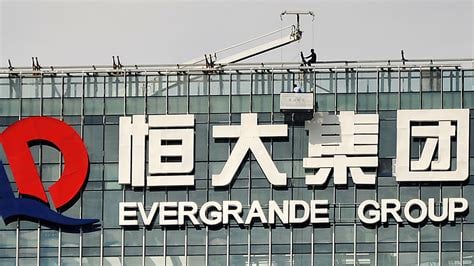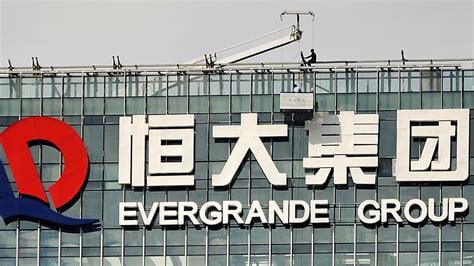Evergrande somehow made some recent interest payments to prevent the company from being officially insolvent, but the writing is on the wall.
We’ve been reporting about Evergrande for months, the behemoth Chinese realty concern that holds a reported $300 billion in debt.
Recently China gave an indication of how it will handle Evergrande’s impending insolvency.
Yesterday, Foreign Policy reported on the Evergrande crisis and China’s likely actions:
In recent weeks, the world’s most heavily leveraged developer, China’s Evergrande Group, a real estate holding company, has taken the world by storm. With assets across sectors spanning property services, electric vehicles, and bottled water, Evergrande missed several interest payments before making a key payment to bondholders on Oct. 22. With an estimated $300 billion in liabilities, Evergrande’s payment troubles are affecting global institutional investors, offshore bondholders, and China’s homebuyers alike.
Conventional wisdom suggested the Chinese Communist Party would have intervened at the company level to stem the adverse effects on the economy. After all, earlier this year, the Chinese government ordered Chinese banks to provide loans to state-owned China Huarong Asset Management to stem the risk of market contagion and stabilize its cash flow. Huarong’s offshore U.S. dollar bonds declined in value when it failed to release its 2020 financial results, and the company suspended trading of its shares in April.
Why, then, has the Chinese central government not intervened to rescue Evergrande?
The answer lies in the sector. For strategic sectors, such as banking and telecommunications—perceived as key for the national technology base, national security imperatives, and domestic industry competitiveness—the Chinese Communist Party tends to centralize and reinforce state control in market coordination and property rights arrangements. For less strategic sectors, the Chinese central government has shown a willingness to deregulate and decentralize market governance to local governments, business and sector associations, and other market actors. I call this “bifurcated capitalism.”
Because it’s perceived to be of less strategic value for the national technology base and national security than more critical sectors, Evergrande and its future depends on local government and business stakeholders rather than the Chinese central state seeking domestic political consolidation and legitimacy to maintain its authoritarian rule.
It’s unknown where Evergrande will obtain more funds to pay off its current outstanding debt. Local governments and business stakeholders don’t like losing money. It’s hard to believe this company will not become insolvent soon.
The post China’s Evergrande Somehow Made Recent Interest Payments But Default is on the Horizon appeared first on The Gateway Pundit.



